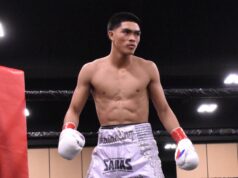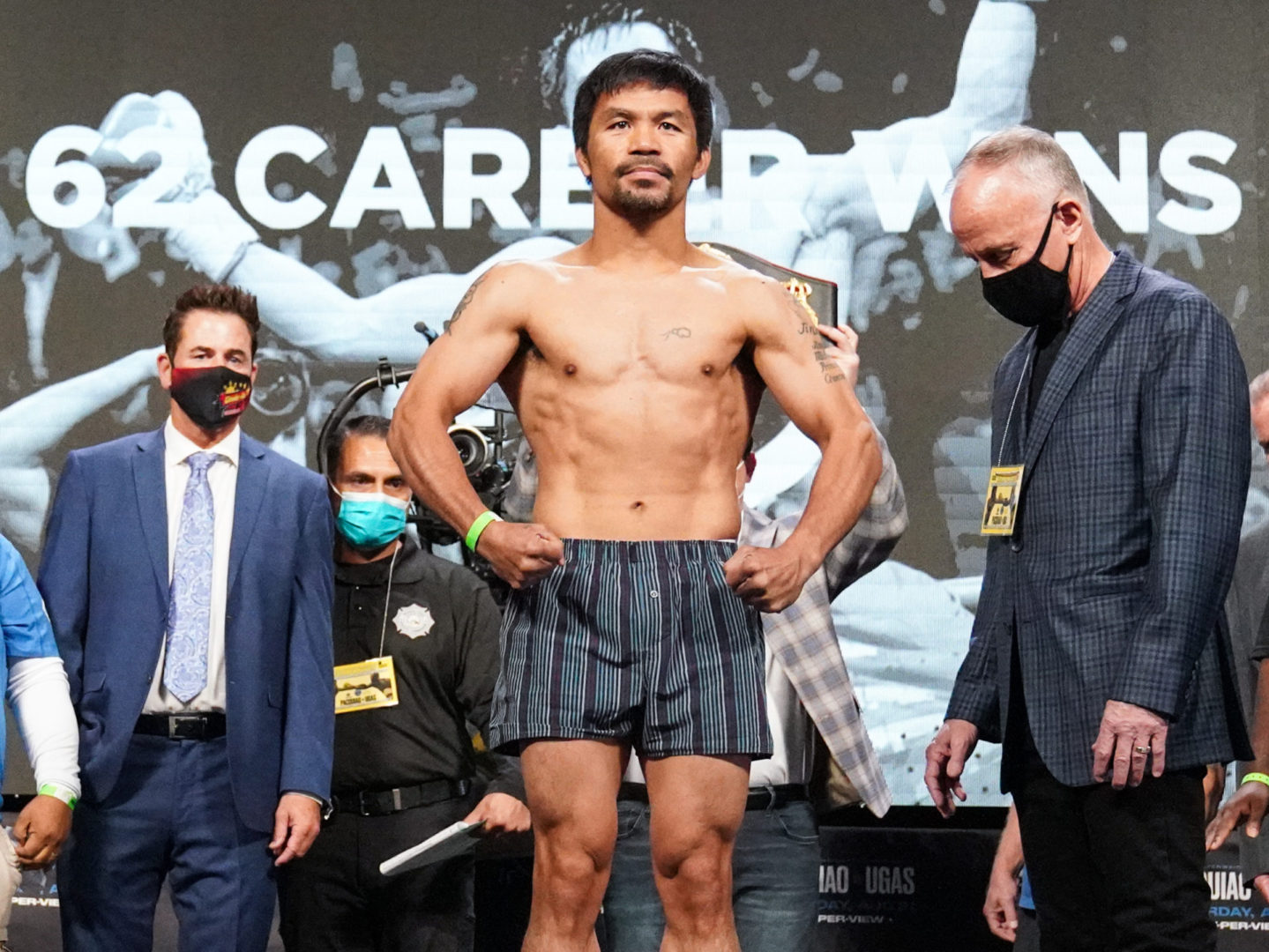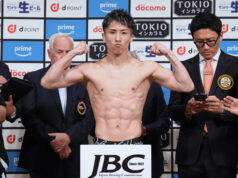By Norm Frauenheim–

Dan Goossen’s death this week is a reminder that boxing survives because of the characters who have always understood that theater is as fundamental as a good jab. It’s balancing act that includes just the right mix of salesmanship, comedy, opinion and conviviality.
Goossen is the face of a passing generation that has worked hard to stay in the spotlight. He liked it. The brighter that light, the brighter the sport coat. Goossen’s colorful plumage could make sideline reporter Craig Sager’s blazers look dim. He was colorful because he wanted to be. But it was more than that. He had to be there, beneath a magnifying glare that burns out many and keeps others from ever daring to enter it.
Bob Arum understands the role. Arum never fails to enliven otherwise uneventful news conferences with a blend of jokes and insults that create headlines. Attendance is mandatory. Nothing is sacred when Arum assumes the bully pulpit. Then, there’s Don King. He has faded from the public arena, but there was a time when his malaprops and booming braggadocio were integral to the show and, more often than not, more entertaining than the card. They aren’t there to be believed. Goossen knew that. Arum and King know that. Good theater, after all, includes a lot of fiction.
There’s much to mourn in Goossen’s passing early Monday from liver cancer. He was a master at engineering the successful comeback. I remember James Toney. The media and rival promoters had already assigned Toney to the scrap heap after his career went sideways following a 1994 loss to Roy Jones Jr. Toney was woefully out of shape when he began showing up at gyms and local cards in Phoenix, where I worked for the city’s biggest daily in a forgotten era when newspapers still had fight writers. Toney had signed with Goossen, who proceeded to put together a Phoenix card in 2002 that featured him in a victory over Sione Asipelli. If memory serves, Goossen wore the purple sport coat for that one.
A reason to bring Toney to Phoenix was not without a plan. It was home to Vassiliy Jirov, then considered the world’s best cruiserweight. Goossen and Toney were in Jirov’s backyard to call him out. It worked. In April 2003, Toney scored a dramatic decision in Connecticut over Jirov in a bout the Boxing Writers Association of America voted Fight of the Year. Nobody could take the snoozer out of cruiser, but Goossen managed to with instinct that led to a Toney upset of Evander Holyfield in his next bout.
It was a brilliant one-two promotional punch, But it would not have happened without Goossen’s willingness to wage a public campaign that would have exhausted a career politician. That inexhaustible well of energy went into representing Pete Rose after the gambling scandal and Mister T, who was a bouncer in a Chicago bar when Goossen spotted him and transformed him into an offbeat movie star.
In mourning Goossen, I wonder where the business is headed without him. Can anybody imagine Al Haymon conducting a news conference? Amend that. Can anyone even imagine a Haymon quote in any media outlet? If Haymon is the example of what to expect, the spotlight might as well be a wildfire for the next generation of promoters and managers. They’ll stay away.
The spotlight enforces a level of accountability. An Arum, or a King, or a Goossen might talk, talk and talk around a looming issue or in defense of some indefensible behavior. But they are there. Buyer beware. With Haymon, however, there’s not even a chance for that caveat. The man said to be boxing’s biggest powerbroker is always in the background or in some back room. He doesn’t take questions, hence there are only suspicions.
It’s no way to run a show. Goossen was aways front and center, always in front of the curtain, instead of behind it. The show must go on. Without him, however, you wonder how it will. If it will.











